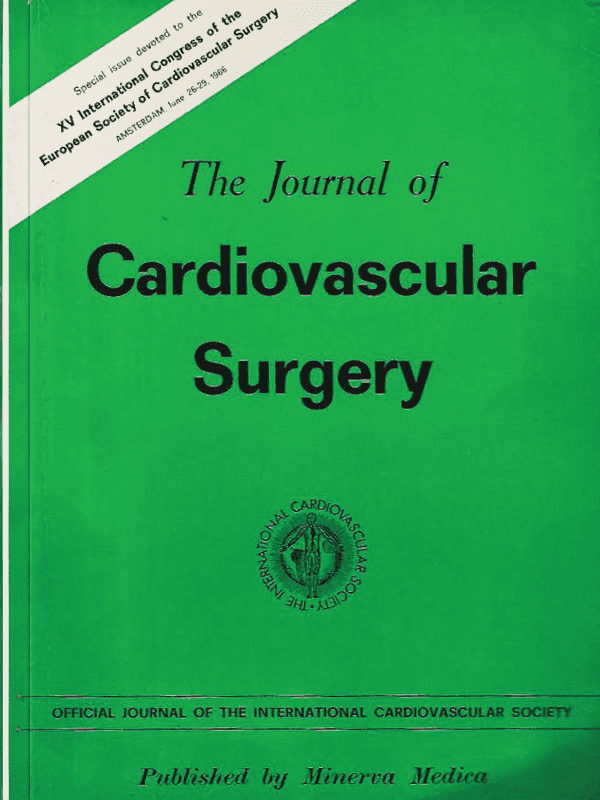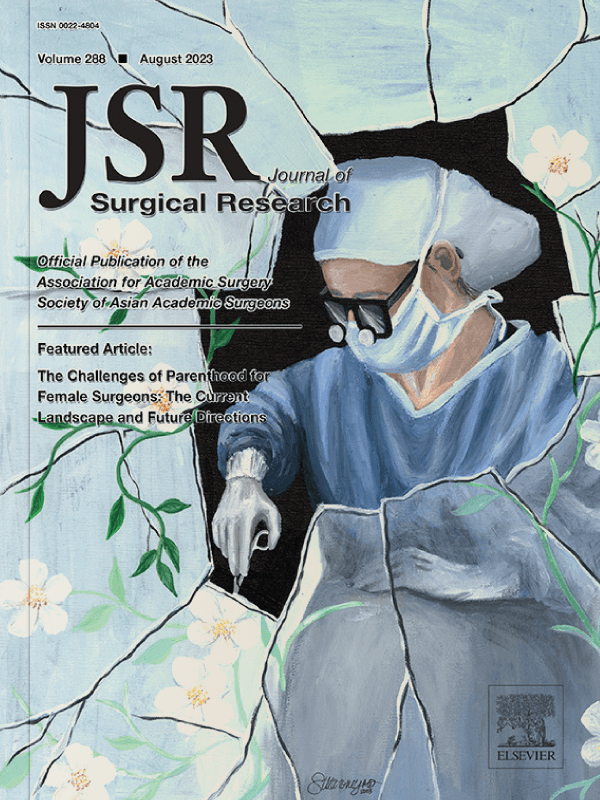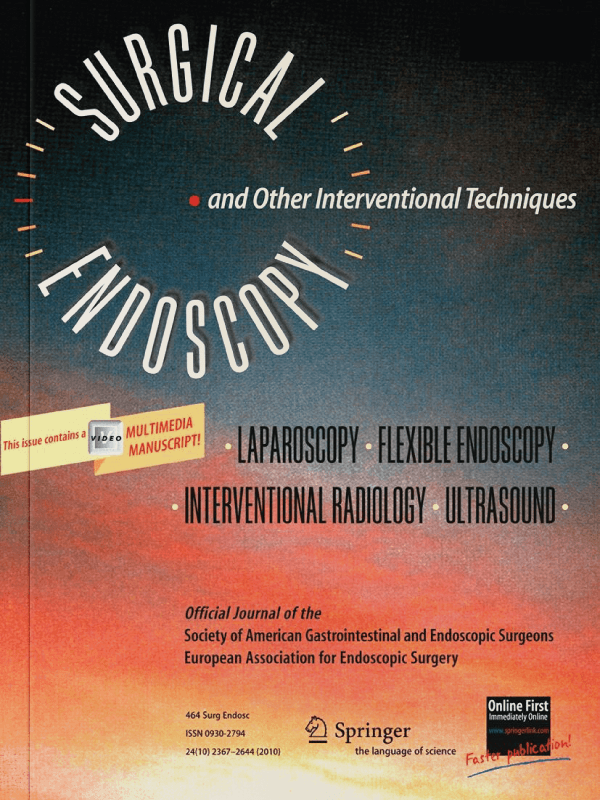TECHNICAL PERFORMANCE
Setting Performance Standards for Technical and Nontechnical Competence in General Surgery
Published on
Jul 1, 2017
Annals of Surgery
Peter Szasz, Esther M Bonrath, Marisa Louridas, Andras B Fecso, Brett Howe, Adam Fehr, Michael Ott, Lloyd A Mack, Kenneth A Harris, Teodor P Grantcharov
Overview
This study aimed to establish performance standards for laparoscopic cholecystectomy, evaluating both technical and non-technical skills while assessing the accuracy and credibility of these standards. Trained raters observed 36 General Surgery residents performing the procedure, using the Objective Structured Assessment of Technical Skill (OSATS) and the Objective Structured Assessment of Non-Technical Skills (OSANTS) to provide a global competence assessment. The research found that competency could be accurately classified in 94% of technical and 95% of non-technical assessments, revealing a 21% discordance between the two competencies. Factors such as case experience and trainee level were identified as predictors for achieving these standards, indicating their significance for surgical training assessments.
Overall, the study successfully established reliable performance standards that can be critical for the implementation of summative assessments in surgical education, highlighting the importance of both technical and non-technical skills in trainee evaluations.
Results
Thirty-six trainees were observed 101 times. The technical standard was an OSATS of 21.04/35.00 and the nontechnical standard an OSANTS of 22.49/35.00. Applying these standards, competent/noncompetent trainees could be discriminated in 94% of technical and 95% of nontechnical performances (P < 0.001). A 21% discordance between technically and nontechnically competent trainees was identified (P < 0.001). ROC analysis demonstrated case experience and trainee level were both able to predict achieving the standards with an area under the curve (AUC) between 0.83 and 0.96 (P < 0.001).
Peer-reviewed Research





